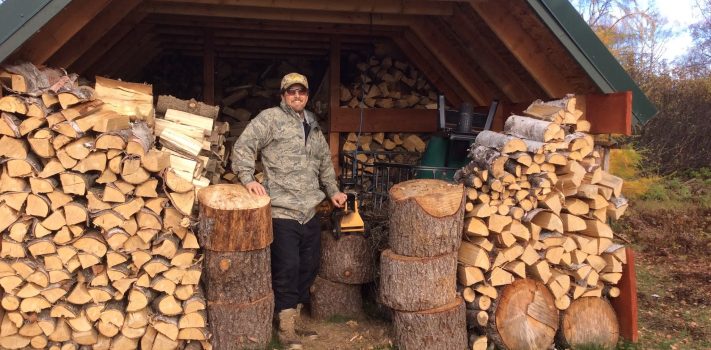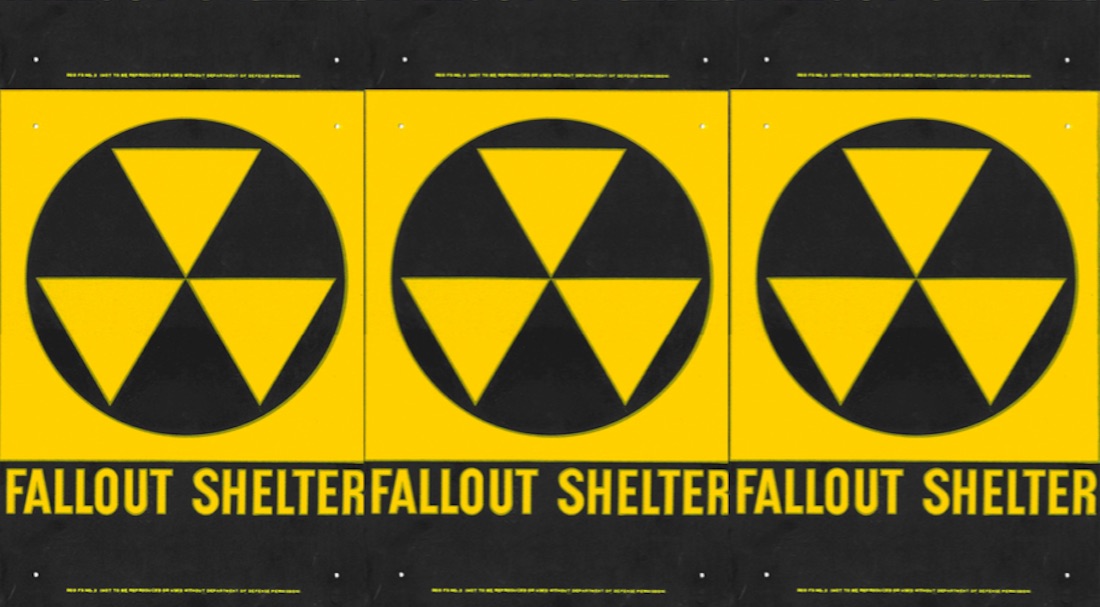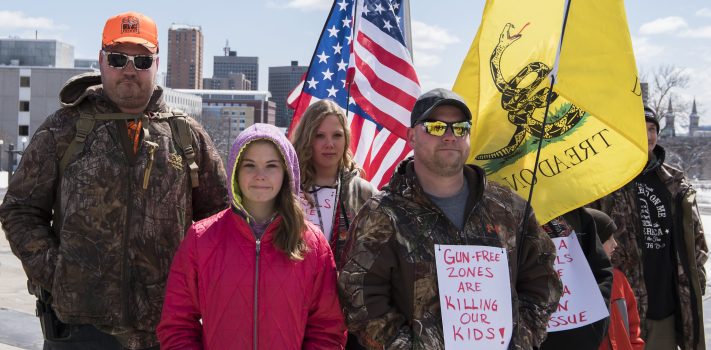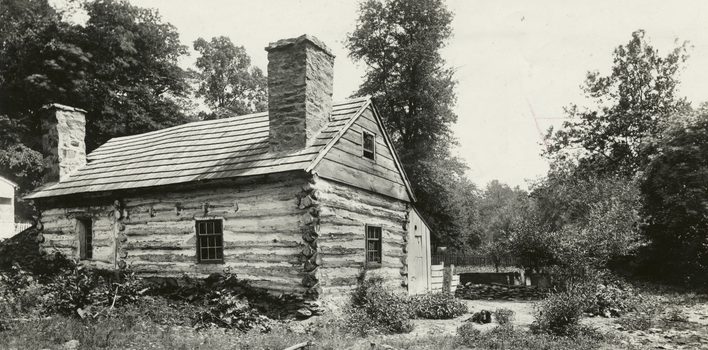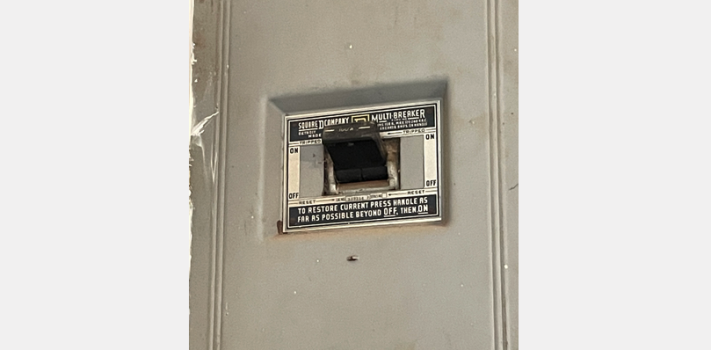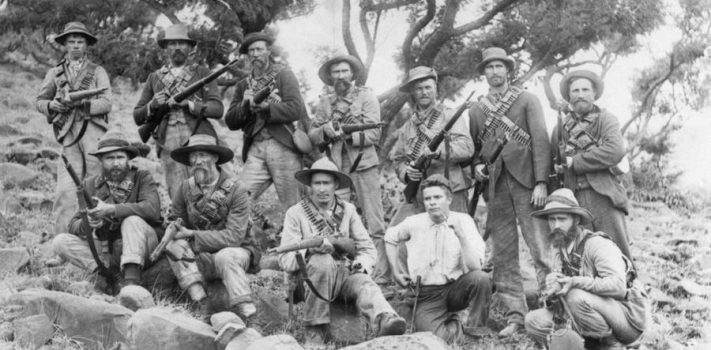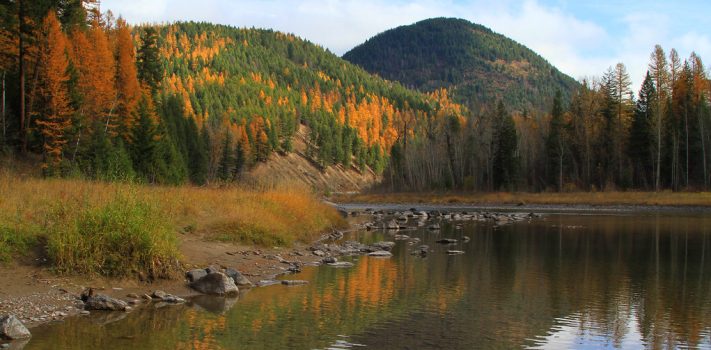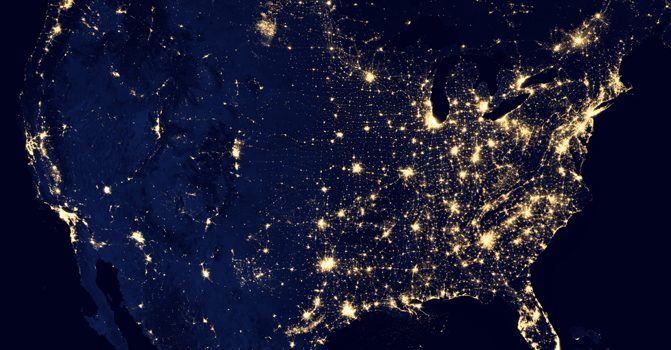Are You Self-Reliant, Self-Sufficent, or Self-Sustaining?, by Mrs. Alaska
One of our goals each year is to decrease our dependency on others by increasing our skills and resources. In the city, it was convenient to pay for services and products. Living remotely, we learn to do many things ourselves or do without. I evaluate aspects of our life on a continuum from dependent to independent: Dependent on others Self-reliant Self-sufficient Self-sustaining Given recent news reports of coronavirus and the economy, tornadoes, wildfires, and power outages, perhaps readers are applying this sort of rubric to their situations, too.

